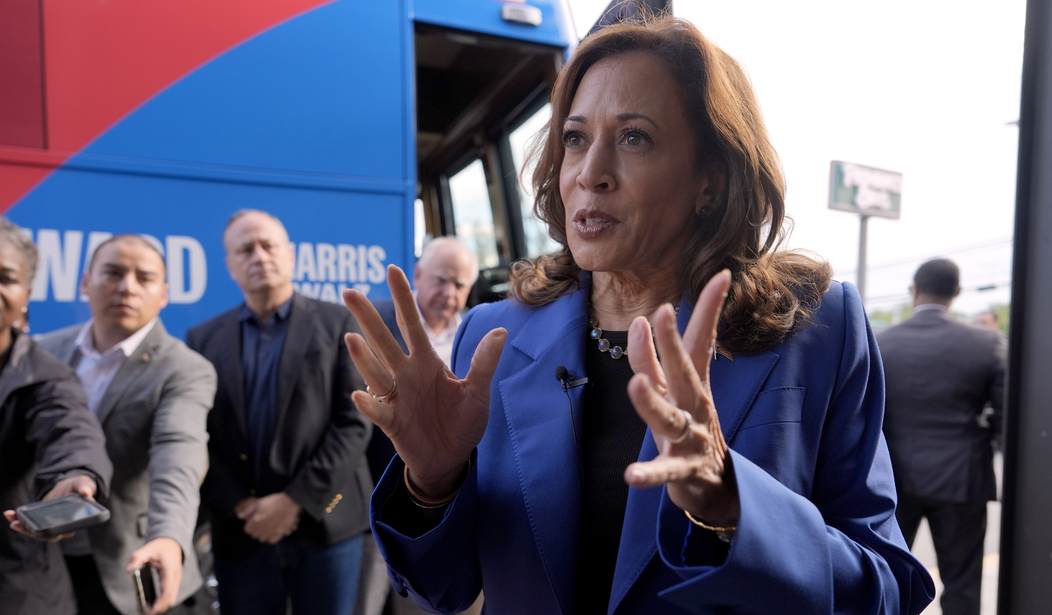It's been more than three weeks since Kamala Harris became the Democratic Party's presumptive nominee, and while recent polling suggests the honeymoon period is ending, it's hard to deny that the press is actively trying to help get her elected and will continue to do so. Still, if there's anything we've learned over the past few days, it's that Kamala has a weakness.
Last week, Kamala decided to unveil some of her key economic agenda items. And, well... that turned into a disaster, with criticism pouring in from both sides of the aisle.
The most controversial proposal was a federal ban on "price-gouging," which was widely condemned, even by those within her own political circle. Jason Furman, an Obama-era economist, also criticized the proposal, calling it "not sensible policy." Washington Post columnist Catherine Rampell slammed the policy as essentially a set of sweeping government-enforced price controls that would override market forces, letting Washington bureaucrats dictate prices.
It was remarkable to see that a liberal columnist would say this, and yet she wasn't the only one in the media trashing the policy.
🚨 SPOILER ALERT: What Communist Kamala's price controls would do to America... pic.twitter.com/p2UiltWgp9
— Conservative War Machine (@WarMachineRR) August 16, 2024
Even the left-wing media couldn’t defend Kamala’s Venezuelan style price control proposal
— johnny maga (@_johnnymaga) August 17, 2024
Wow. pic.twitter.com/n3ZaVsWqvj
And then Harris tried to explain how she would pay for her plans... and that was a disaster. She offered one of her trademark word salads, complete with four references to there being a "return on investment" for these policies—in other words, chill out, they'll magically pay for themselves.
Tell that to our national debt.
As if that wasn't bad enough, on Monday the Harris-Walz campaign announced that Harris would jack up the corporate tax rate to 28% if elected. She's literally doubling down on bad economic policy. Remember how Donald Trump’s 2017 Tax Cuts and Jobs Act cut the corporate tax rate to 21% from 35% and we had a booming economy?
Recommended: What the Experts Aren’t Telling You About the Looming Recession
Today, we're on the verge of a recession, and Harris wants to increase the corporate tax rate, which would likely lead to reduced business investment, job losses, higher consumer prices, and decreased global competitiveness. This means that companies may also have to cut costs or move operations abroad to maintain profitability.
And what about small businesses? They will suffer significantly as well. It's hard to wrap my head around this strategy of proposing multiple bad economic policies one after the other, but it is clear that when put on the spot to defend them, Harris can't seem to do it. Harris is just regurgitating policies the radical leftists writing her policy positions are telling her and she isn't remotely qualified to try to explain them.
Do you think it's a coincidence that Kamala's campaign has been keeping her from doing unscripted interviews and press conferences? They don't want her answering questions because she can't.
The devil is always in the details. Now those details are going to be discussed, and it's not going to go well for her.










